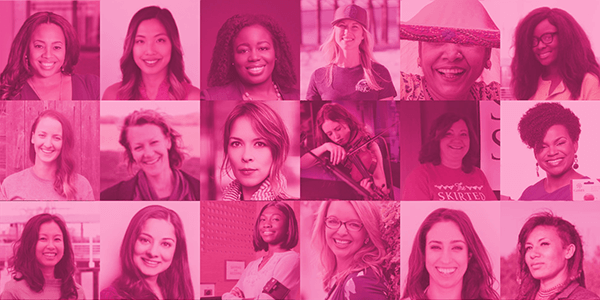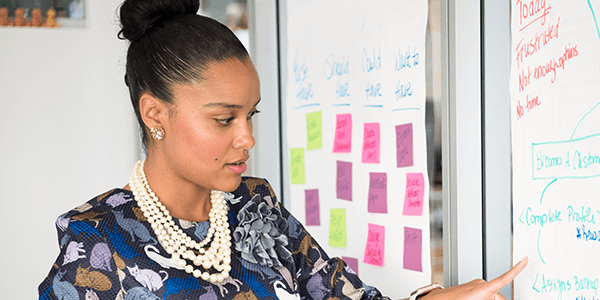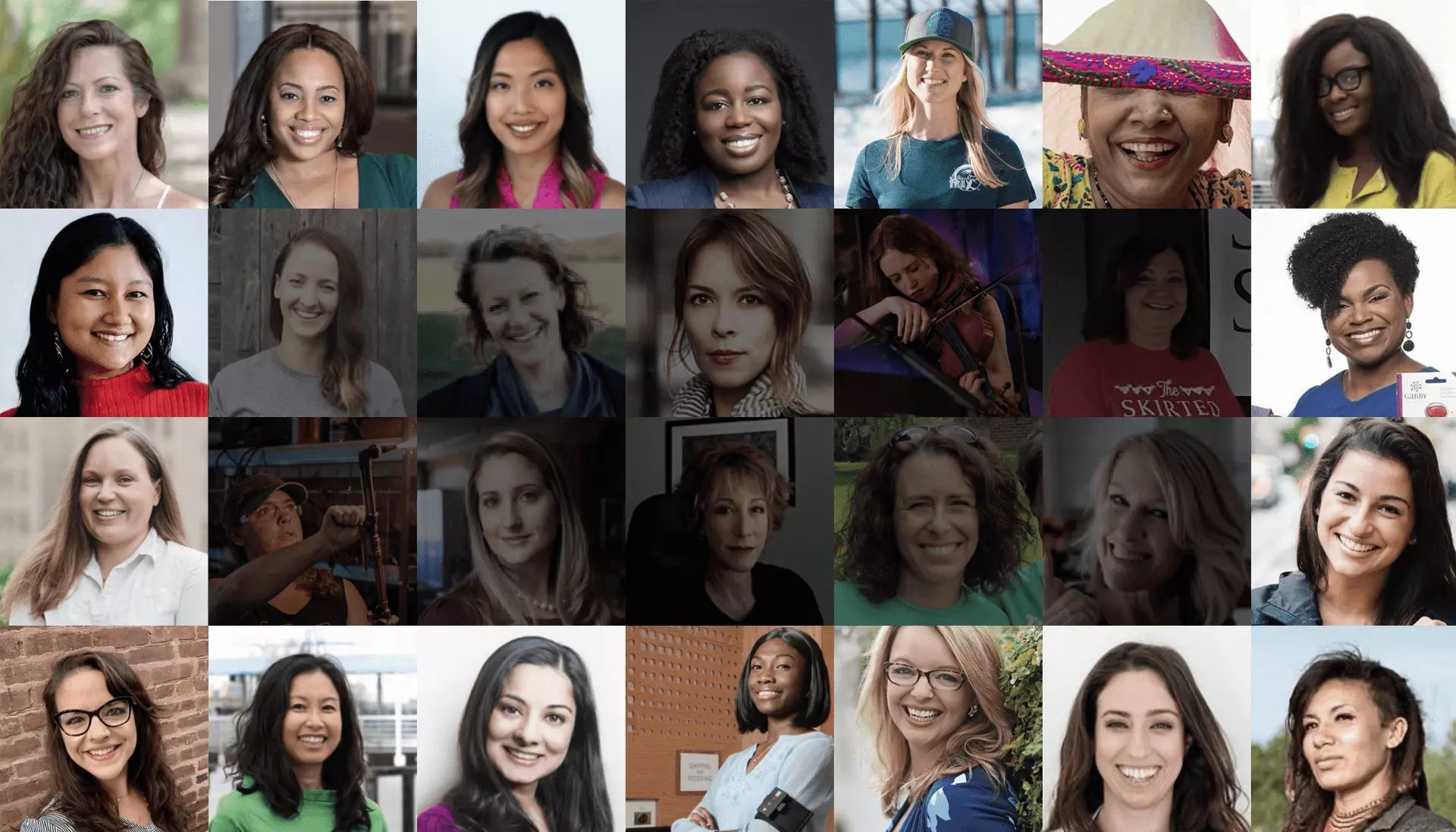How Pivoting Your Business Model Can be a Win
May 18th 2021
More than 4 in 10 women business owners had to pivot their business model to maintain revenue during the pandemic, according to American Express’ Entrepreneurial Spirit Trendex, conducted in 2020. 68 percent expected they would have to again in 2021.
By pivot, we mean fundamentally changing the company’s business model in order to react to market shifts or in response to changing internal dynamics. For some businesses, the pivot was temporary, such as Anheuser-Busch and Diageo, makers of liquors and beers, which switched from making spirits to hand sanitizer as the pandemic surged. Restaurants pivoted to carry out and delivery-only as states shut down in-person dining, and retailers pushed curbside pickup as an option for shoppers to get what they needed quickly, without having to step foot inside the store.
Some businesses pivoted on a dime from one type of business to a completely different one, while others evolved over time. More are still in the process of responding to continued market shifts.
A few of those savvy female business owners who successfully pivoted include:
In-person to virtual workshops. Krista Neher, CEO of Boot Camp Digital, which provides digital marketing training, says that, “prior to the pandemic, most of our business was generated from in-person workshops. We had to quickly pivot to provide virtual workshops instead.”
Although clients initially viewed virtual workshops as “a necessary evil,” Neher says, her team spent months “testing, optimizing, and perfecting our virtual workshops and they now out-score even our in-person trainings!”
Now that “clients have seen that it can be effective,” Neher anticipates that 50 percent of the firm’s revenue will continue to be in virtual training.
Similarly, Laura Sinclair ran a brick-and-mortar gym pre-COVID. However, in November 2020, following the birth of her son, Sinclair quickly transitioned to providing pre- and postnatal coaching—her specialty—online, at Blueprint Fitness.
“We had come to terms with the reality that our gym business would continue to be impacted and the demands of being a new mom and running a brick-and-mortar during COVID would not be realistic for me,” she explains. “To date, I have been able to replace much of the income I’d paid myself from my gym by pivoting my business online.”
Shifting service offerings. Sarah Schaer, founder and CEO of Kango, which provided transportation services for children, says, “When the pandemic hit, the need for Kango’s main services vanished immediately.” Children didn’t need safe rides to school, activities, and appointments during a pandemic lockdown.
Recognizing the need to pivot but unsure initially what that meant, Schaer distributed a survey to customers “to find out how their needs had changed.” She discovered that “the solution was contactless food and grocery delivery, and the introduction of tutoring services for kids struggling to learn in virtual classrooms.”
By expanding her company’s services to provide a wide array of offerings, she tapped into new revenue generating opportunities.
Melissa Tong, founder and CCO of Duck Punk, took a similar tack. Her business pre-COVID was video marketing, with a primary focus on TV commercials for Fortune 500 companies, including Nissan and Verizon, she says. However, when the industry shut down, Tong switched gears away from video, specifically, to storytelling. “Offering storytelling services to companies that want to brand and market through storytelling,” Tong explains.
Already, clients are achieving big wins. “One of my clients quadrupled their sales in just three months,” she says.
From product to service. Nechami Tenenbaum, CEO of Karmela Cosmetics, shifted from selling her high performance, natural lipstick line to providing marketing and image consulting services, “to guide women on actualizing their ideal self-image and up-level their business, for greater business and personal success.”
Instead of relying solely on product sales, Tenenbaum looked at the reason behind those purchases and discovered many clients wanted more guidance regarding their personal image.
Make needed changes. Leslie Polizzotto, co-founder of The Doughnut Project, a handcrafted doughnut shop in NYC, had two locations, 24 employees, and a business partner pre-pandemic. The company was not profitable, she reports. However, since the pandemic, the business partner exited the company, Polizzotto shrunk her employee count down to three, and the business is now profitable.
The difference? Polizzotto is now able to pay her staff well and includes them in creative decisions, sharing financial results regularly. “This has led them to be motivated to help my business excel,” she says. Weekly collaborations with local and national brands as part of the company’s Weekend Specials has also led to lines down the block and “the shop sells out daily,” she reports.
Even as vaccinations increase and hospitalizations continue to decline, it’s possible we may not ever revert to life as it was a couple of years ago. Some market shifts will become permanent, while others may continue to evolve over time. Companies that can be agile and able to respond to those shifting demands will come out on top.


















